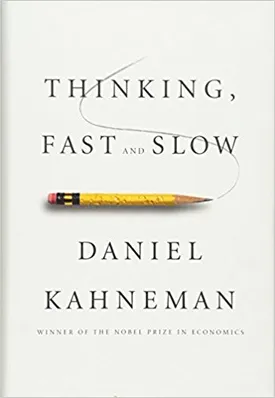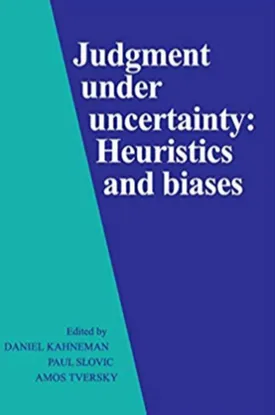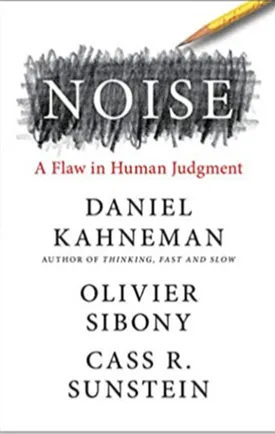Daniel Kahneman
Daniel Kahneman is a Nobel prize-winning psychologist and behavioral economist known for his pioneering research on cognitive biases and decision-making. Kahneman received the Nobel Memorial Prize in Economic Sciences in 2002 for his work on prospect theory and the remarkable insights it provided into judgment, decision-making and behavior. Over the course of his distinguished career, Kahneman has written a number of books and papers exploring the cognitive and emotional processes of decision-making.
Kahneman was born in Jerusalem, Israel in 1934. He received his bachelor's degree in psychology from the Hebrew University of Jerusalem in 1954 and his doctorate from the University of California at Berkeley in 1961. After postdoctoral studies with Nobel Laureate Herbert A. Simon at Carnegie Mellon University, Kahneman taught at the University of British Columbia and Hebrew University of Jerusalem before joining Princeton University in 1996, where he became Eugene Higgins Professor of Psychology and Professor of Public Affairs. Throughout his career, Kahneman has pursued research interests in the areas of judgment and decision-making, intuition and insight, and risk aversion and welfare.
Kahneman’s most celebrated work is found in his co-authored book, “Thinking, Fast and Slow,” which introduces the now-famous concept of System 1 and System 2 thinking. The book is a synthesis of Kahneman's research in cognitive psychology and judgment decision-making and highlights the power of the human mind to make errors in judgement that can have real-world consequences. In the book, he introduces the idea of two systems of thinking: System 1 operates automatically and quickly, with little or no effort and no sense of voluntary control. System 2 is slower, deliberative, more logical, and more calculating.
Kahneman's other writings include “Maps of Bounded Rationality: Psychology for Behavioral Economics,” “Attention and Effort,” and “Judgment under Uncertainty.” In his book “Maps of Bounded Rationality,” Kahneman offers an exploration of human decision-making, emphasizing the need to recognize bounds on our rationality. The book highlights numerous biases and heuristics, or “rules of thumb,” and shows how they can lead to poor decisions. “Attention and Effort” introduces the important concept of cognitive control in decision making, and “Judgment under Uncertainty” presents Kahneman's prospect theory, which explains how people make decisions when they perceive uncertainty.
Kahneman has written many other books, papers, and articles. His work has had a profound impact on the fields of psychology and economics, and he has been recognized for his groundbreaking research with many prestigious awards, such as the Nobel Memorial Prize in Economic Sciences, the National Medal of Science, and the George A. Miller Award. In addition to his Nobel Prize, Kahneman is also the recipient of numerous honorary degrees, medals, and fellowships.
Kahneman’s work continues to be highly influential in a wide range of fields and his research continuously shapes the way people think and reason. Kahneman’s contributions over the years have enhanced our understanding of human decision-making and have illuminated the intricacies and subtleties of our cognitive processes. He provides a glimpse into the many complexities involved in our daily decisions and offers invaluable insights into the mechanisms of thought, choice, and behavior. His writing continues to influence the ways people approach economics and decision-making, and will continue to do so for many years to come.



